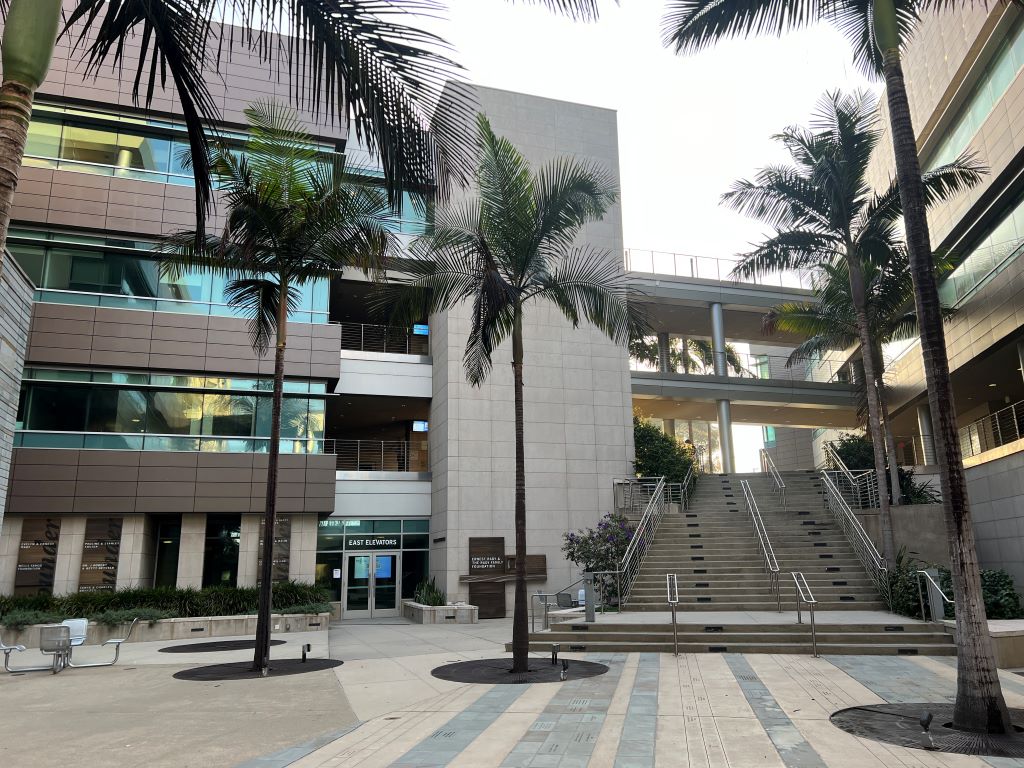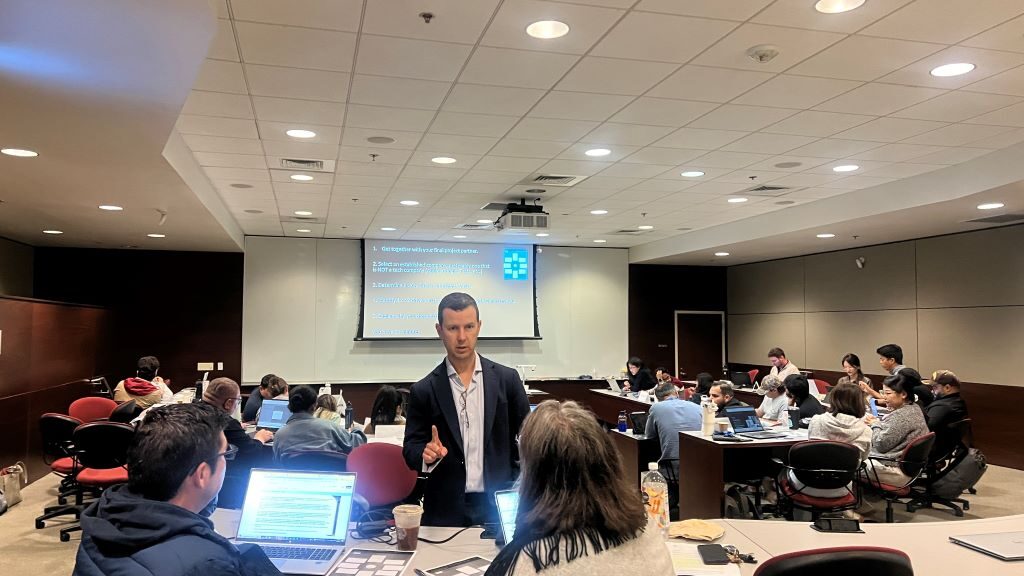
During my visit to the Rady School of Management, UC San Diego, I attended an MBA class taught by Professor Thales Teixeira, a founder of decoupling.co and a former Harvard professor.

The class was highly interactive. Students had to prepare in advance by digesting given case studies. In class, they actively participated by sharing new ideas and debating different perspectives. Professor Teixeira encouraged these discussions and helped everyone understand the key points.

This class was unique to me because it did not rely on textbooks. Since the professor knew the background and outcomes of the cases, he guided students to think differently. This approach encouraged students to think comprehensively and rigorously, and over time, this shift in thinking style can lead to more informed business decisions.
***
Reference
Camuffo, A., Cordova, A., Gambardella, A., & Spina, C. (2020). “A Scientific Approach to Entrepreneurial Decision Making: Evidence from a Randomized Control Trial.” Management Science, 66(2), 564–586.
A classical approach to collecting and elaborating information to make entrepreneurial decisions combines search heuristics, such as trial and error, effectuation, and confirmatory search. This paper develops a framework for exploring the implications of a more scientific approach to entrepreneurial decision making. The panel sample of our randomized control trial includes 116 Italian startups and 16 data points over a period of about one year. Both the treatment and control groups receive 10 sessions of general training on how to obtain feedback from the market and gauge the feasibility of their idea. We teach the treated startups to develop frameworks for predicting the performance of their idea and conduct rigorous tests of their hypotheses, very much as scientists do in their research. We let the firms in the control group instead follow their intuitions about how to assess their idea, which has typically produced fairly standard search heuristics. We find that entrepreneurs who behave like scientists perform better, are more likely to pivot to a different idea, and are not more likely to drop out than the control group in the early stages of the startup. These results are consistent with the main prediction of our theory: a scientific approach improves precision—it reduces the odds of pursuing projects with false positive returns and increases the odds of pursuing projects with false negative returns.

